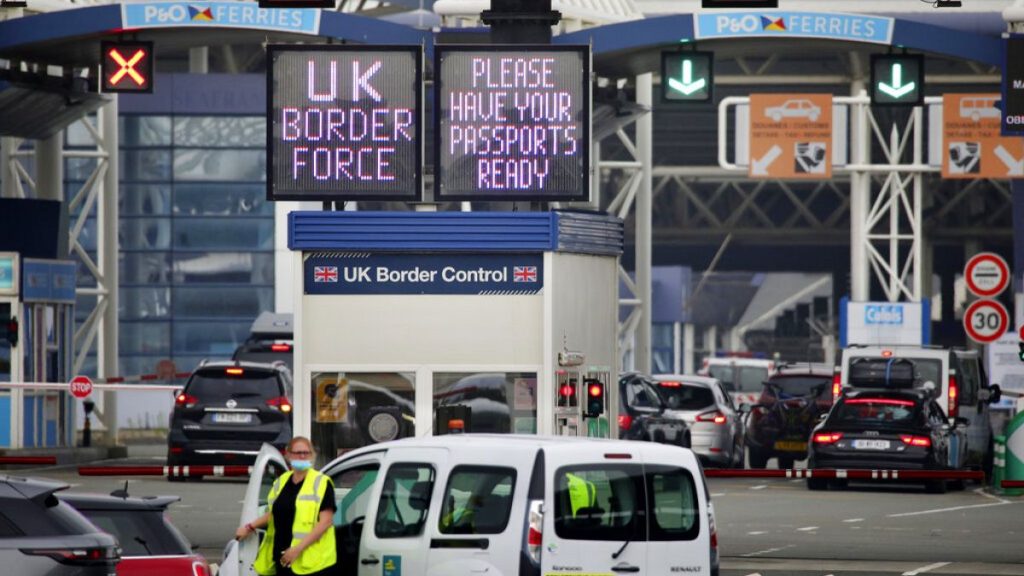The EU’s planned Entry/Exit System (EES) for travelers outside the Schengen Area has faced yet another delay, with no official launch date in sight. Previously set to come into force in November, the scheme may now not be implemented until 2025, causing mixed reactions in the travel industry. Concerns over the system’s resilience and the readiness of major transport hubs like Germany, France, and the Netherlands have contributed to the postponement. Despite frustrations, some experts believe the delay could be beneficial, allowing for more time to address teething issues.
The postponement of the EES launch has given authorities and industry stakeholders more time to work on preparations and address unresolved concerns. In the UK, significant investment has been made in infrastructure and systems, such as a new canopy at the Port of Dover, to facilitate border checks without disrupting traffic flow. While delays may have caused uncertainty and frustration, the decision to postpone could ultimately lead to a more effective and streamlined implementation process. This delay also provides an opportunity for testing and refining the system before full implementation.
The decision to delay the EES launch has been met with relief by some industry experts, who see the postponement as an opportunity to address outstanding issues and ensure a smoother rollout. The EU’s Justice and Home Affairs Council is expected to meet to discuss the next steps for the EES and provide clarity on the timeline for implementation. Transparency and communication about progress and milestones will be crucial in building trust and confidence in the system. Despite the delays and challenges, experts believe that the EES will eventually be implemented to enhance border control and security measures within the Schengen Area.
While the delay in launching the EES has raised concerns and created uncertainty in the travel industry, experts suggest that the decision to postpone may ultimately lead to a more successful and well-prepared implementation. By addressing technical and logistical challenges, authorities can ensure that the system is robust and effective before it goes live. Greater transparency and communication about progress and milestones will be essential in building confidence in the EES and ensuring that all stakeholders are informed about the rollout process. It remains to be seen when the EES will finally be implemented, but stakeholders across the travel industry will be eagerly awaiting updates and guidance on the timeline for launch.
The postponement of the EES launch has allowed authorities to address technical and logistical challenges, improve readiness at major transport hubs, and ensure a smooth and effective implementation process. While delays have caused frustration and uncertainty in the travel industry, experts believe that the decision to postpone may ultimately lead to a more successful and well-prepared rollout. Transparency and communication about progress and milestones will be crucial in building trust and confidence in the EES and ensuring that all stakeholders are informed about the timeline for implementation. As the EU continues to work towards the launch of the EES, stakeholders will be looking for updates and guidance on the next steps for the system.









